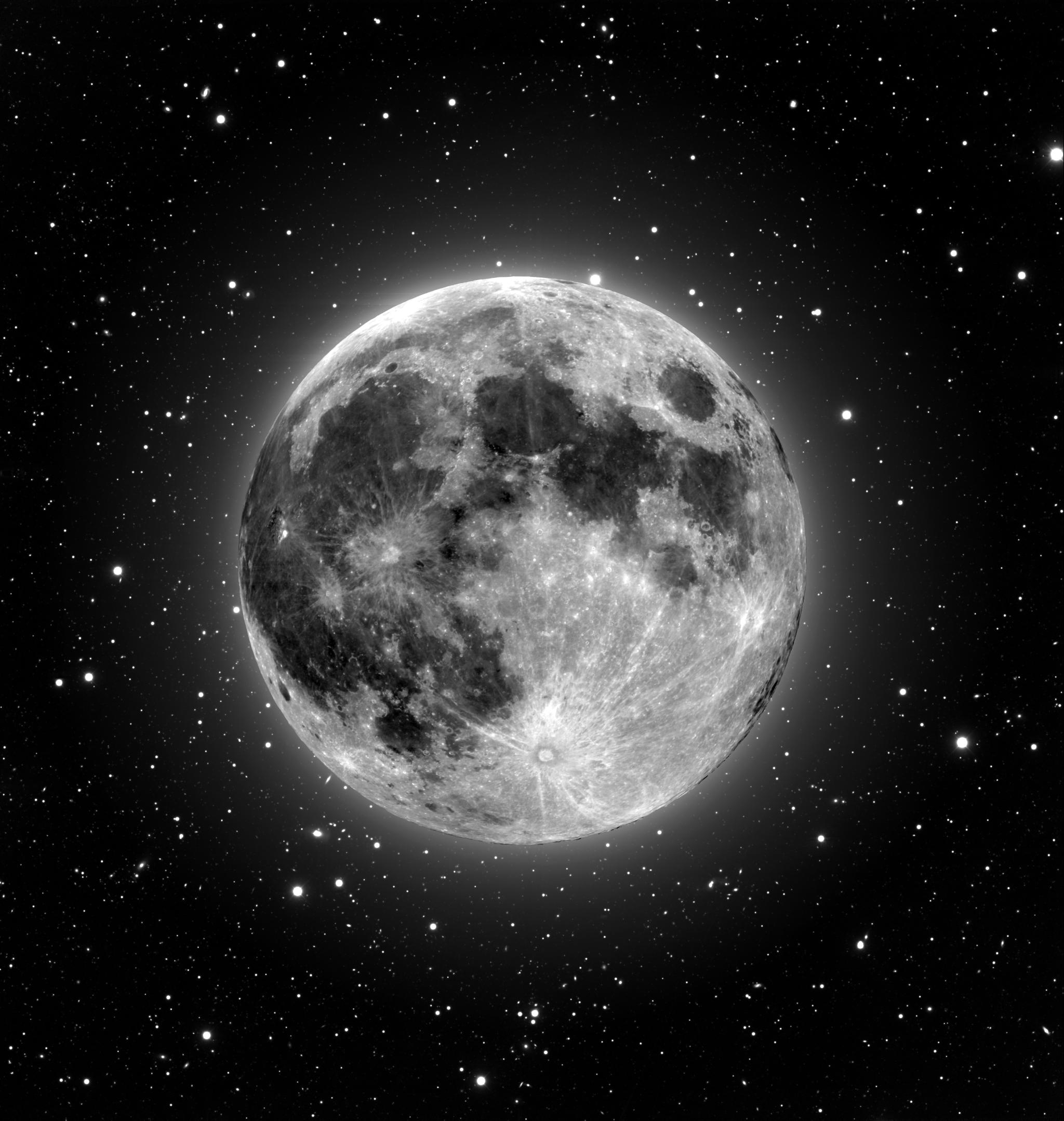Translation
Recordings
Liminal Evening
Sister to the Stars
Lifting the Cloud of Unloving
Closing
Back To Top
Abstract
The poem begins like so many days: with the dawning of the sun as a stand in for love.
Back To Top
Translation
"When Diana's glassy torch rises late
And is kindled by her rosy brothers,
A pleasant breath of wind lifts
the etheric cloud from all couples;
Thus she softens emotive power
And immoveable hearts, which
Towards the pledge of love she sways."
("Dum Diane vitrea" Stanza 1)
Back To Top
Recordings
Since this is a poem, it will be recorded as a whole and then posted as a whole once it's been completely translated. Once that happens, and all of the individual stanzas have been posted, an entry will be dedicated to looking at the poem as a whole. This entry will also include a complete recording.
Back To Top
Liminal Evening
What is "Diana's glassy torch"? Is it the final light of evening? Or is it the way that the sun reflects from the curvature of the earth so that we can still see some light even though the sun's already set. Whatever it is, it makes it clear that this stanza is about a liminal moment.
That is, this moment is one between two set, concrete points of time - the day and the night.
Yet, even with this stanza's liminality established, what is it that causes this cloud that's apparently settled over couples to lift?
As far as can be told from this stanza, it's just the switching over from day to night.
The most relevant aspect of this transition seems to be that it's a move from the outward show of day toward the private and unknown night.
The reference to Diane's mysterious brothers (or allies, "fratris") supports this interpretation, after all, only when night has fully arrived do the stars emerge.
And that's just what her brothers are - the stars.
Back To Top
Sister to the Stars
For, Diane is the moon and her glassy torch is the moon as it sheds its pale light, so her rosy allies are the stars. Why they're described as being rosy is unclear, unless it used to have a meaning along the lines of self-luminescent. A person with rosy cheeks is usually blushing, and a rose itself is red - a colour that is vibrant enough to pull in human attention.
With all of that out of the way, just what is the cloud that settles over couples?
Back To Top
Lifting the Cloud of Unloving
Since this cloud is dispelled as the moon rises and the stars come out, it sounds likely to be the troubles of the day. The moon, accompanied by the stars gives such a different atmosphere that it changes the context of perception and allows people to forget their troubles.
Perhaps, along with factors of wealth and work, this is also why palour was sought after among women in classic ideas of beauty - just as Diane's pale light could inspire lovers to come together, so too could the palour of a young woman be considered a palliative against the troubles of the day. Maybe such paleness was also important because it helped to wash away whatever troubles a husband/lover experienced in the public sphere.
Th public/private binary is definitely an interesting thing to apply to this poem since it already invokes the binary of night and day (through implication), but it's also problematic.
Medieval life wasn't exactly one that leant itself to privacy - walls were thin, roads were narrow, and small towns banded together not to be cliquey and such, but because it was necessary for survival and protection.
As a result, private/public would be better represented as public/less-public, in that at least around the house (most) people wouldn't be intentionally watching you.
Back To Top
Closing
Next week's stanza continues along the way of love and calls on a lot of night imagery, so perhaps we'll see all of these ideas come into play again then. In the meantime, leave your own thoughts in the comments, and watch for Beowulf's final farewell on Thursday.
Back To Top

No comments:
Post a Comment